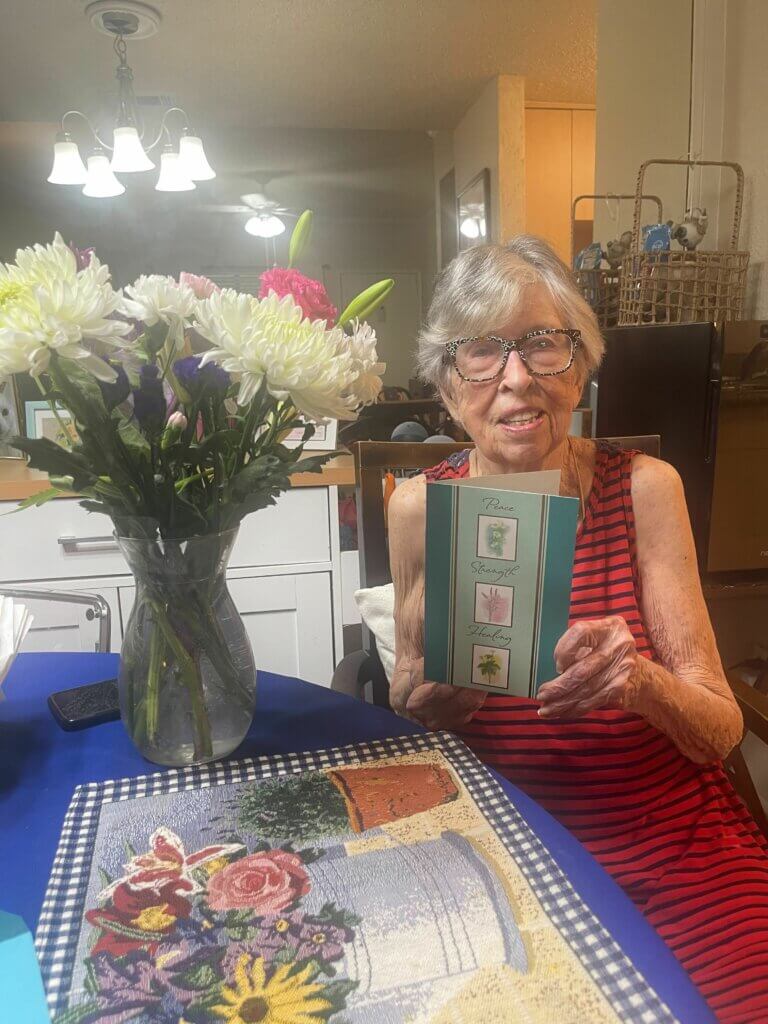Having a power of attorney set up is a crucial part of estate planning. A power of attorney names someone you trust to make decisions on your behalf if you become incapacitated. Despite the importance, research shows few Americans actually have these important legal documents in place.
What Is a Power of Attorney?
A power of attorney is a legal document that allows you to appoint someone to handle financial, medical, and other decisions for you. The person you name is called your agent, attorney-in-fact, or proxy.
You can grant limited or broad decision-making authority to your agent. For example, you may want them to make health care choices if you become unable to communicate. Or you may want them to handle all legal and financial matters using a durable power of attorney.
Types of Power of Attorney
There are several types of power of attorney documents with varying legal uses:
- General Power of Attorney: Allows your agent to make financial and legal decisions on your behalf. General POAs expire if you become incapacitated.
- Durable Power of Attorney: Remains valid even if you become incapacitated. Allows your agent to continue managing your finances and legal affairs.
- Health Care Power of Attorney: Allows your agent to make medical decisions according to your wishes. Also called a health care proxy or medical power of attorney.
- Limited or Special Power of Attorney: Only allows your agent to conduct specific legal actions like closing a real estate transaction. Limited POAs expire once the task is complete.
When to Use a Power of Attorney
The right time to set up a power of attorney is before you need one. Creating POAs while you still have mental capacity ensures your documents comply with legal requirements. Waiting until incapacity sets in leaves you few options beyond court-appointed guardianship.
At a minimum, all adults over 18 should have medical and durable POAs in place. These prepare you for unexpected events and allow a trusted person to step in seamlessly.
Review all your POAs every few years and when major life events occur. Divorce, death of your agent, or loss of trust means it’s time for new estate planning documents.
How to Revoke or Change an Existing POA
You retain full authority to revoke or change a power of attorney as long as you remain mentally competent. The process is straightforward, but should involve an attorney to ensure validity.
Here are the steps to change an existing POA:
- Contact your lawyer and share your intent to replace your current POA. Bring copies of all existing documents.
- Revoke previous POAs in writing. Your attorney will include clear revocation language in new documents.
- Name a new agent if needed. Choose alternates as back up if your new agent cannot serve.
- Draft updated POAs with your wishes for finances, health care, and other planning. Customize powers granted to align with your situation.
- Sign the new documents according to state laws. Your lawyer will oversee proper signature witnesses to create legally binding POAs.
- Inform key contacts like financial institutions once new documents are in place. Supply copies to health care facilities and anywhere else previous POAs were on file.
Even after granting POA, you retain the right to make your own decisions as mental capacity allows. Your agent cannot override decisions you are still able to make.
Why Transfer Power of Attorney Authority?
There are several common reasons for transferring POA authority from one agent to another:
- Death or incapacity of original agent: Name alternate agents in your documents to ensure backup help is available.
- Relocation of agent: Physical distance could limit their ability to conduct your affairs. Choose someone geographically closer.
- Loss of trust or confidence: Relationships change over time. Don’t retain unethical or irresponsible POA agents.
- Divorce or separation: Former spouses likely shouldn’t manage your finances or health affairs.
- Special needs arise: Some situations warrant naming agents with relevant expertise.
Notify Your Original Agent
When revoking a standing power of attorney, it’s wise but not legally required to notify your former agent. They may continue acting in good faith according to previous authority until they are made aware of changes. Informing them protects
against errors and fraudulent actions.
Send notification via registered mail with return receipt. Supply a copy of the new POA so the prior agent understands their authority has ended. Keep documentation should any disputes arise down the road.
Act While You Still Can
Handing decision-making power to another person requires tremendous trust. But unexpected events can strike anyone at anytime. Establish legally valid POAs before crisis strikes. Review agents and documents regularly to keep your affairs in trusted hands.
Stay in control of your health care and financial choices. Consult an attorney to create customized and flexible powers of attorney. Then rest assured your legal matters will be properly handled according to your wishes if the need ever arises.
Contact us at 832-371-6600 for a free consultation to share the challenges you’re facing, and to learn how our personalized home care services can help you.
Home Matters Caregiving proudly serves the Houston Metro area providing care for seniors wherever they call home.











